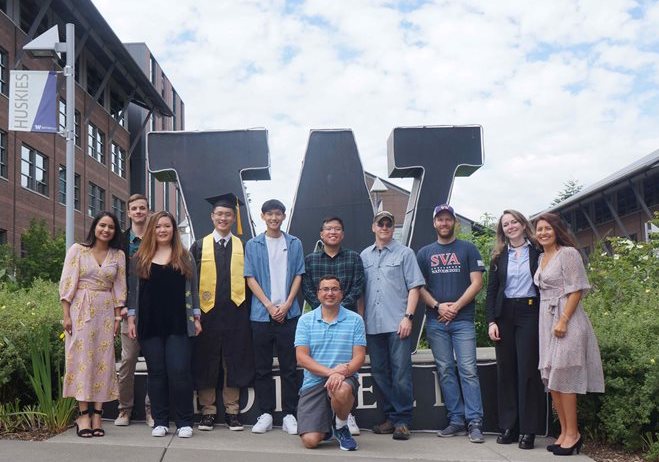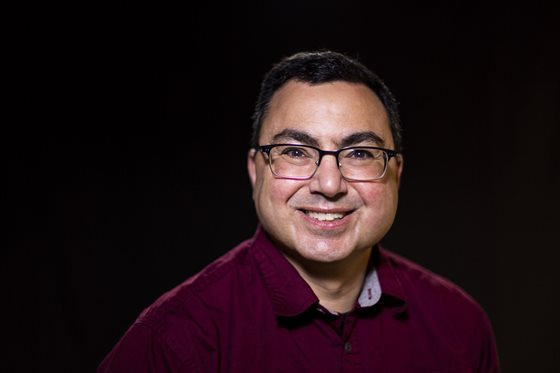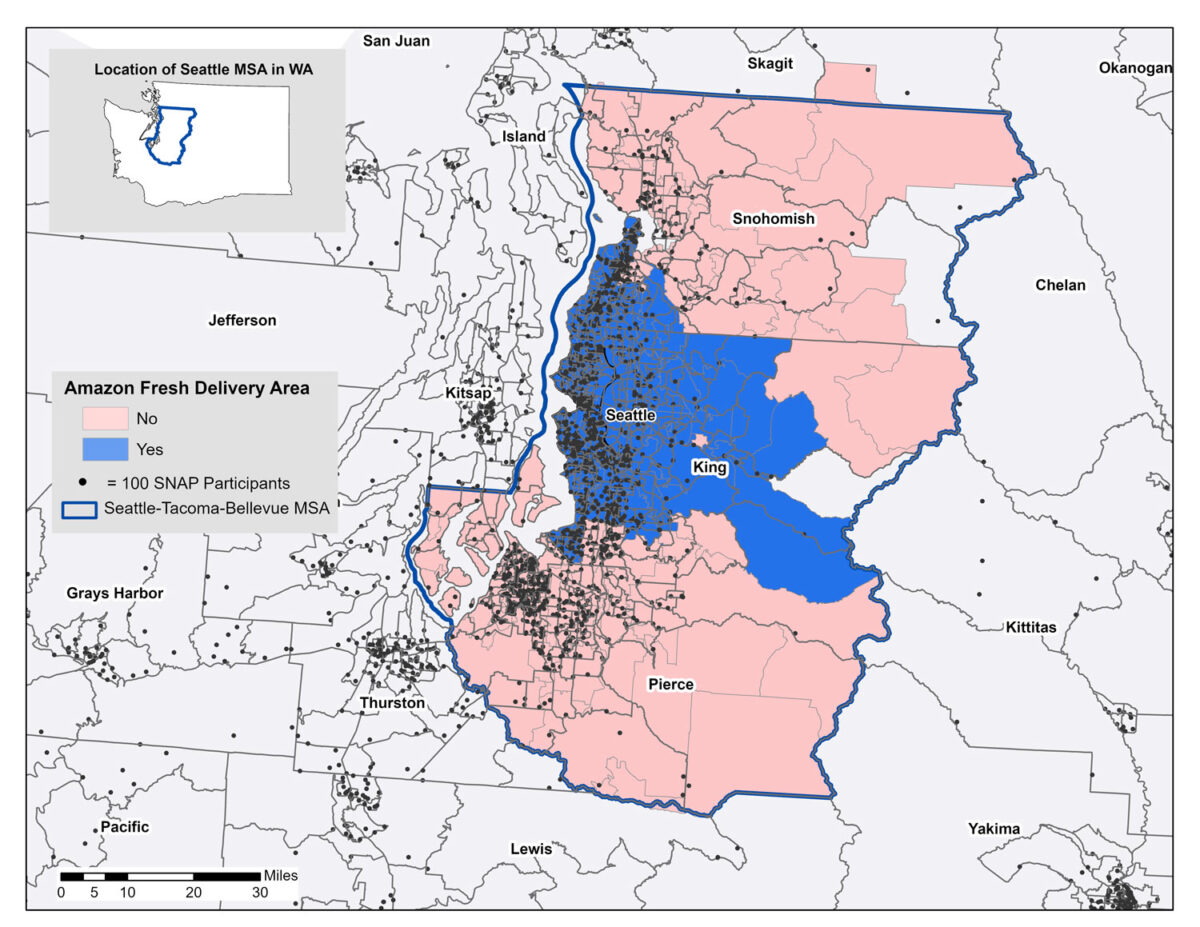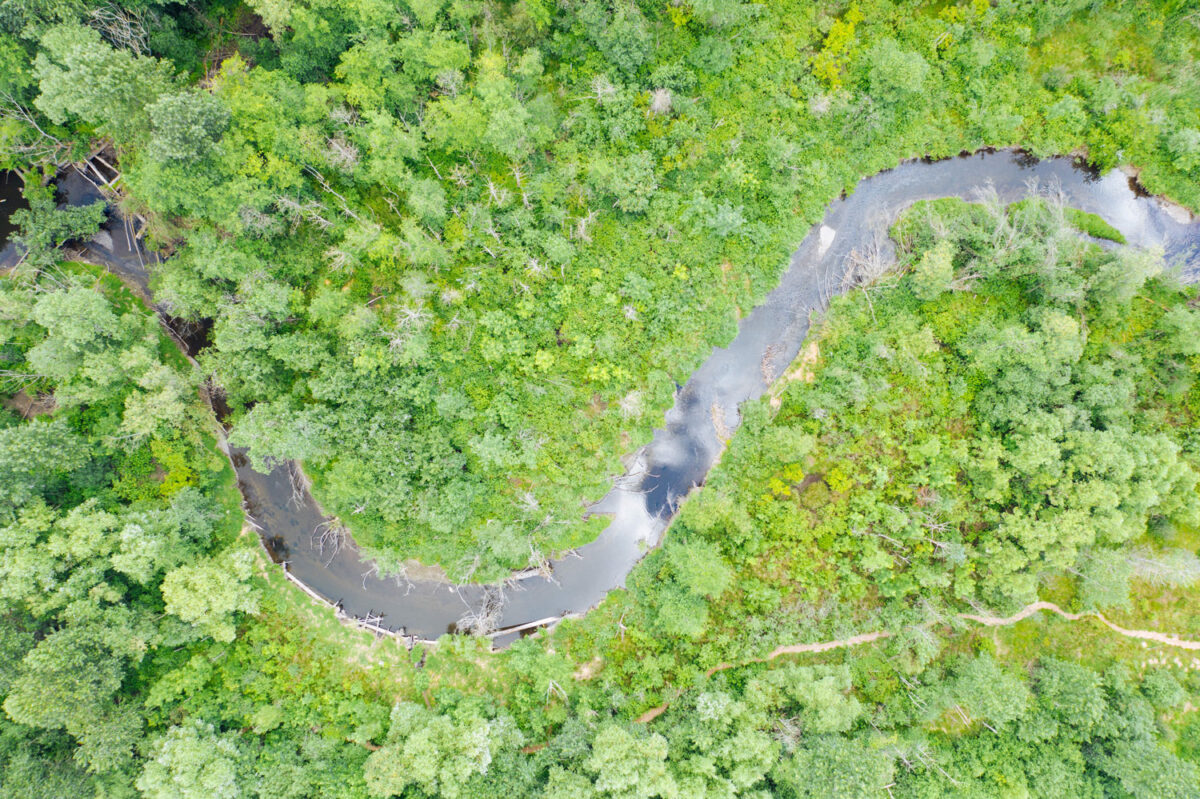Dr. Yusuf Pisan’s teaching is shaped by both his professional and personal care for students. It is also lived, day in and day out, through the nurturing environment he creates for them and in which they can learn, face challenges and grow.
As one of his former students noted, “Professor Pisan genuinely cares about us students and is passionate about the material. He always goes the extra mile to help us and ensure that we get the knowledge we want, and need, for professional success.”
In recognition of Pisan’s commitment to student learning, the associate teaching professor in the School of STEM has been named the recipient of UW Bothell’s 2023 Distinguished Teaching Award. Created in 1995, the award — which includes a $5,000 honorarium — is based on numerous criteria, including the ability to engage students, exemplify an enthusiasm for and mastery of subject matter, and demonstrate innovation in the teaching and learning process. It is one of the UW’s Awards of Excellence that honor outstanding alumni, faculty, staff, students and retirees who contribute to the richness and diversity of the University community.
“Dr. Yusuf Pisan’s teaching philosophy is deeply rooted in two important concepts: developing a growth mindset and building a learning community,” said Dr. Kristin G. Esterberg, UW Bothell chancellor. “His profoundly student-centered approach to teaching demonstrates his strong commitment to the University of Washington Bothell and our students.”
Supports for learning
No matter what course he is teaching, Pisan’s first priority is always to unite students from diverse backgrounds to become a community of learners who support each other and work together to master the material.
To do this, he starts each quarter with a welcome message inviting students to join a Discord server he creates. His choice of discussion platform is intentional as most students already use it for gaming and personal groups. “I have observed that for many students, the Discord channel is a learning community as well as a social support structure that they can reach out to in the middle of the night,” Pisan said.
“澳门赌场s who never speak up in class bloom on Discord. 澳门赌场y engage deeply with the material through discussions with their classmates and with me. 澳门赌场 lecture time might be two hours twice a week, but their engagement and presence with this inclusive classroom community is ongoing and often extends beyond the quarter.”
Pisan also takes the initiative to create a community of learners for faculty. “It is not just students in classes who form communities of learners, we as instructors also need to become a community reflecting on our teaching and learning from each other,” he said.
To this end, Pisan started organizing brown-bag lunches on “Reflecting on Our Teaching,” which later became a campuswide learning community on “Developing Reflective Teaching Practice” that continued for two years. “I really enjoyed interacting with professors who were from very different disciplines and who had very different approaches to teaching,” he said. “Together, we would look at existing research on how we could all improve our approaches to teaching, despite our different areas of study.”
One of the resource materials the faculty cohort looked at was “backward design.” This method encourages educators, when designing course curricula, to start with what they want students to learn by the end of the class and then work backwards, structuring assignments that target those goals.
“I used this method to redesign one of my courses at UW Bothell,” Pisan said, “and saw that it significantly increased both student learning and satisfaction with that course — which was very rewarding for both them and me.”
Confidence and concepts
While community can assist in providing students motivation and a support structure, student attitude to learning is a crucial factor in determining the amount of effort they will put into the course. Early in his career when teaching a class of 700 students, Pisan recalled, he realized that his success as a lecturer would not come from how well he explained the course concepts but from how well he inspired students to learn about the subject.
“My impact came from injecting a growth mindset, building students’ confidence that they could master the complex material,” he said. “I model to my students how I, too, am continuously learning new things. I build in-class time for self-reflection and provide formative feedback through in-class exercises.”
As another essential component of developing a growth mindset, Pisan demonstrates to students how computer science ideas have changed over time and how these ideas continue to evolve, explaining that what they learn and discuss today is only the latest iteration in a historical development of concepts.
Developing skills for today’s workplace matters as well so Pisan also makes it a point to connect course concepts to technical interviews the students will have with companies to get full-time jobs.
“I demonstrate that a deeper understanding of the concepts helps them get a full picture of computer science as an evolving discipline as well as a better understanding of the everyday devices we work with,” he said. “澳门赌场 small-group in-class exercises I design nurture collaboration, provide peer feedback and structure learning as a constructive activity.”
A learning community provides support, and a growth mindset builds self-efficacy. Truly mastering the course material, however, requires that students be challenged. To inspire students — and to communicate his high expectations — Pisan shows current students examples of the final projects from previous classes.
Tech for good
“Individual and group presentations further serve to motivate students, calibrate their work and help them be proud of their achievements,” he said. “My classes are not easy. In fact, I take this student comment to be high praise: ‘I did not get a 4.0. Didn’t even care because that’s not important if you want to get a job, and I learned a lot.’”
Pisan’s teaching methods are closely connected to his research. He founded a Tech for Good research group that focuses on computer science education, artificial intelligence and persuasive games for social impact. 澳门赌场s in the group manage their own projects, mentor newcomers and initiate future projects.

“Several students from T4G hold weekly problem-solving sessions to deepen their understanding about how novices approach technical questions,” Pisan said. “Through the T4G Speaker Series, students have met with internationally renowned researchers and designers, which has helped frame their work in a larger context.”
One student from T4G said, “Tech for Good offers an excellent opportunity for us to work on research while providing solutions to problems that we will face when preparing for technical interviews for internships.
“Dr. Pisan is a humble yet intelligent professor who is always willing to listen to students’ voices. He has earned not only this award — but also my and many other students’ respect, admiration and gratitude.”
High-wire, exhilarating act
Pisan’s flexibility, innovative attitude toward teaching and resourcefulness was also acknowledged by his colleagues, even prior to his nomination for this award.
During the pandemic, faculty needed additional support and selected Pisan to be part of the STEM Digital Instruction Resource Team. 澳门赌场 team created a shared Google Drive of resources, including sample online course structures that enabled faculty to build from existing templates and links to online teaching tools from the UW and other universities.
澳门赌场 team also developed questionnaires and how-to documents to train and support STEM faculty members as they designed and taught remote classes. This repository included tips and tricks for the many faculty who were then new to using Zoom, from how to use multiple cameras to setting up breakout rooms. It also included tutorials on Discord, Microsoft Teams and other asynchronous communication environments that could be integrated into courses.
澳门赌场 questionnaires the team created made a big impact — especially one about student needs that was used by multiple faculty and adapted for a publication in the Journal of Microbiology & Biology Education.
“While I consider myself a successful teacher, every quarter presents a new set of challenges. I revise my courses each time, reflecting on student feedback as well as my own notes. I am flexible in how I teach, willing to try out new approaches and able to make changes on the fly when necessary,” Pisan said.
“Teaching is a high-wire act. It is exhilarating no matter how many times you have done it. In one of my course evaluations, a student commented, ‘I loved this class. Wish I could take it again.’ I feel the same way — and, luckily for me, I do get to do it again!”
Best of the best
In their?recommendation for the?Distinguished Teaching Award, selection committee members wrote of Pisan, “Inside and outside the classroom, he has established a sustained record of excellence in mentorship through fostering the learning and growth of all his students. His exemplary attention to those from underrepresented and marginalized groups who might otherwise find the university unwelcoming is commendable. Single-handedly, he has been able to mentor dozens of students.
“We are inspired by his commitment to genuinely engage his students and believe that Dr. Pisan exemplifies the best of the best.”
Pisan says he is happy and honored to be this year’s award recipient. “I really enjoy working with students, and it’s nice to get formal acknowledgment that my work is making an impact. My hope is always for students to love the subject and become lifelong learners, especially in the field of computer science, which is always evolving.
“I have been lucky enough to stay in touch with many of our alums, and I look forward to seeing what all my students go on to accomplish.”
“I have been lucky enough to stay in touch with many of our alums, and I look forward to seeing what all my students go on to accomplish.”
Dr. Pisan



